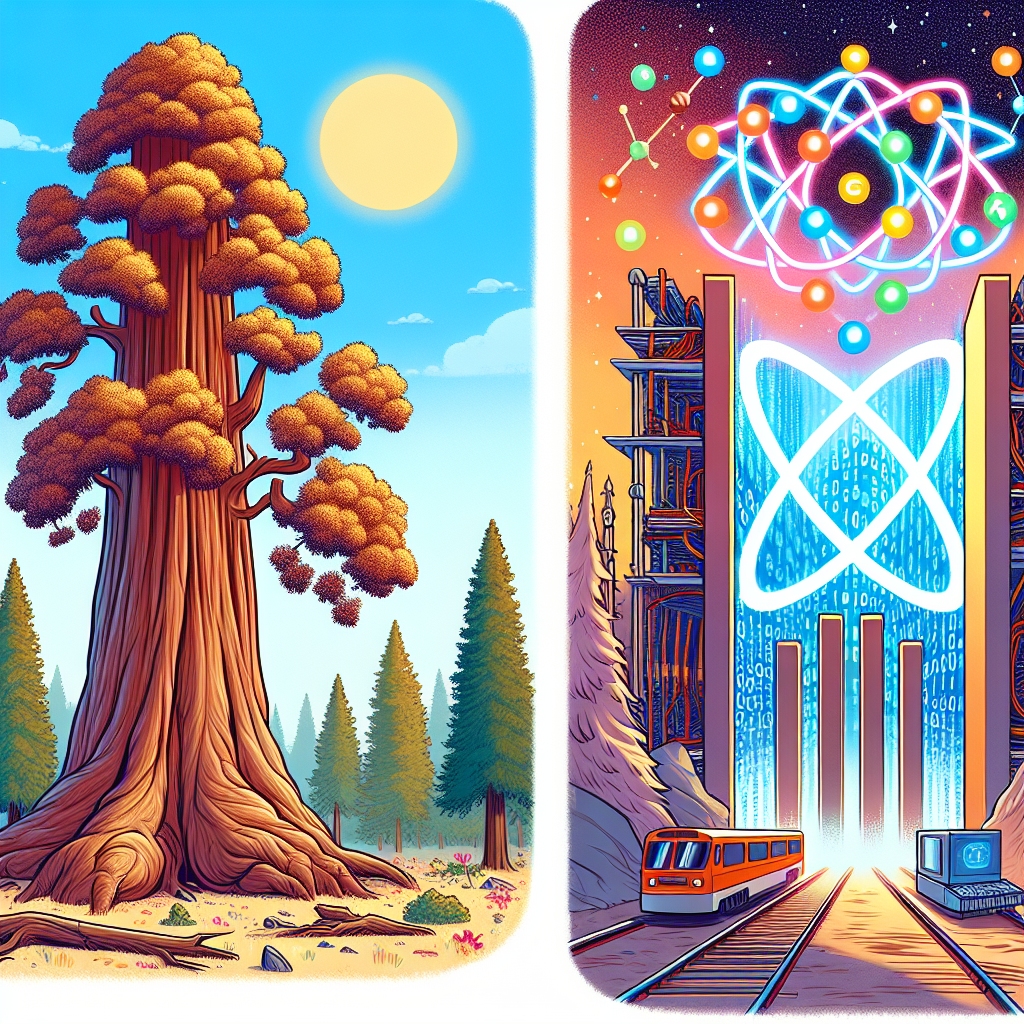9th September 2025
In a week marked by both environmental challenges and scientific advancement, California's ancient Sequoias face a critical threat while researchers make groundbreaking discoveries in quantum computing and bone health.
Firefighters Battle to Save Ancient Sequoias In California, firefighters are waging an intense battle to protect some of Earth's most magnificent natural treasures - the giant Sequoia trees. These ancient giants, among the tallest and oldest living beings on our planet, face an imminent threat from approaching wildfires. Emergency response teams have deployed innovative protection methods, including wrapping the massive trees in specialized fire-resistant material. The preservation effort highlights the critical importance of protecting these irreplaceable natural monuments for future generations.
Breakthrough in Bone Health Research German scientists have made a significant discovery that could revolutionize bone health treatment. They've identified a crucial receptor called GPR133 that plays a vital role in bone development and maintenance. The discovery includes a substance called AP503 that targets this receptor, potentially offering new treatment options for osteoporosis, a condition affecting millions worldwide. This breakthrough could lead to more effective treatments for maintaining bone strength throughout life.
New Insights in Color Perception Recent neuroimaging research has revealed fascinating information about human color perception. Scientists have discovered that despite individual differences, our brains process colors like blue and green in remarkably similar ways. This finding suggests a universal aspect to human color perception, indicating that when we look at the sky or nature, we likely share very similar visual experiences.
Quantum Computing Takes a LEGO-Like Turn In an innovative development, scientists have simplified quantum computer construction by developing a modular approach similar to building with LEGO blocks. This new method allows for easier assembly of quantum computers by connecting smaller components, potentially accelerating the development of these powerful machines while improving their reliability.
AI's Growing Energy Footprint The rapid expansion of artificial intelligence technology is creating significant demands on our power infrastructure. Computer centers supporting AI operations have seen an 80% increase in electricity consumption from 2020 to 2025. However, experts suggest that AI might eventually contribute to better energy efficiency, potentially helping to manage and optimize power grid operations.
Space Exploration Update Scientists have revised their understanding of Saturn's moon Enceladus. While its icy plumes of water vapor and ice particles initially suggested conditions suitable for life, recent studies indicate these emissions might not accurately reflect the moon's potential to harbor life. This finding demonstrates the ongoing complexity of space exploration and our understanding of potential extraterrestrial environments.
The convergence of these developments showcases humanity's continuous efforts to understand and protect both our planet and the cosmos, while advancing technologies that could shape our future. From preserving ancient trees to developing quantum computers, these stories reflect the diverse challenges and opportunities we face in science and conservation.
This article is based on today's episode of KidsNewsFlash, a daily news podcast for kids and families. Listen on Apple Podcasts, Spotify, or wherever you get your podcasts!

